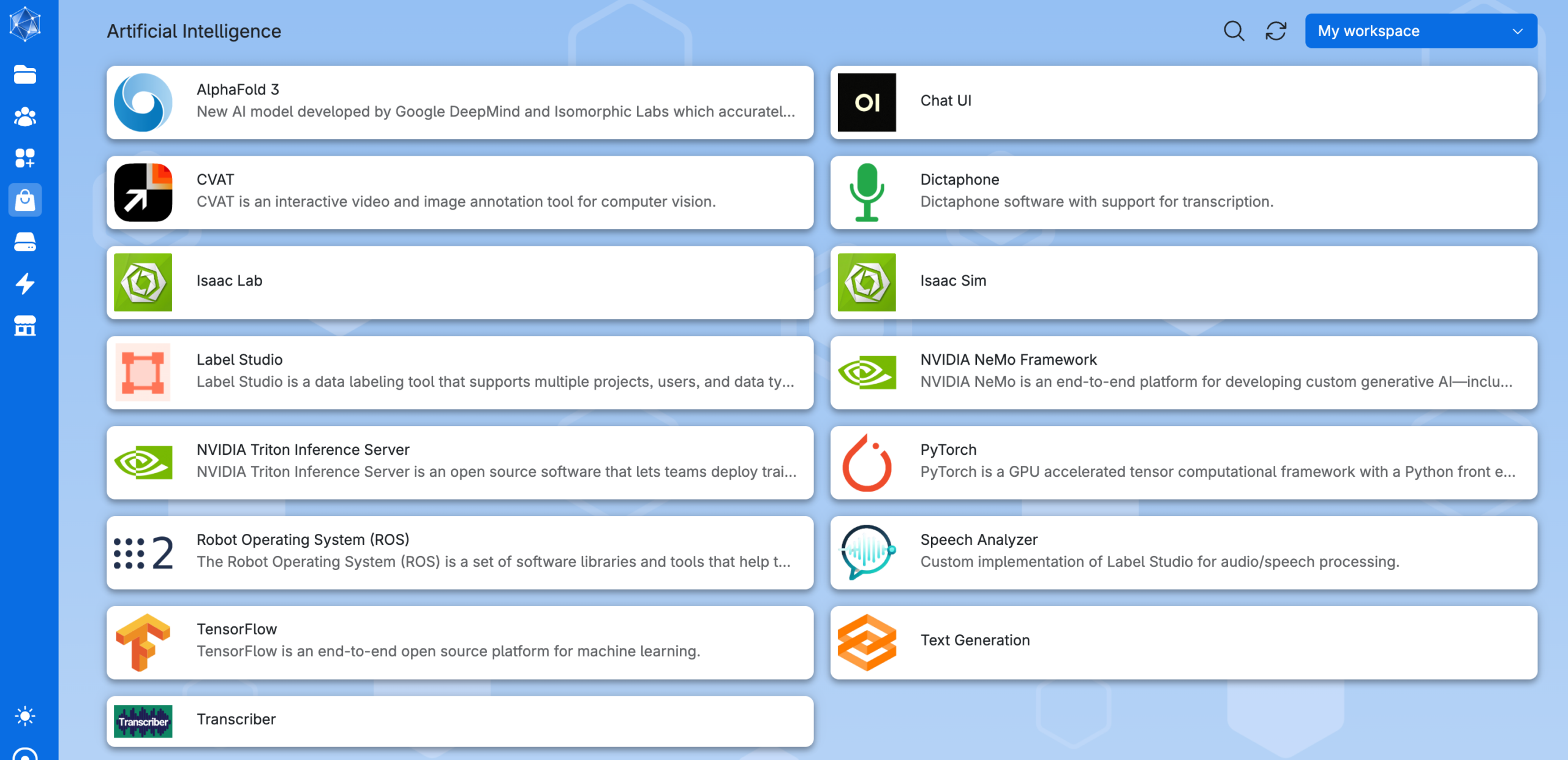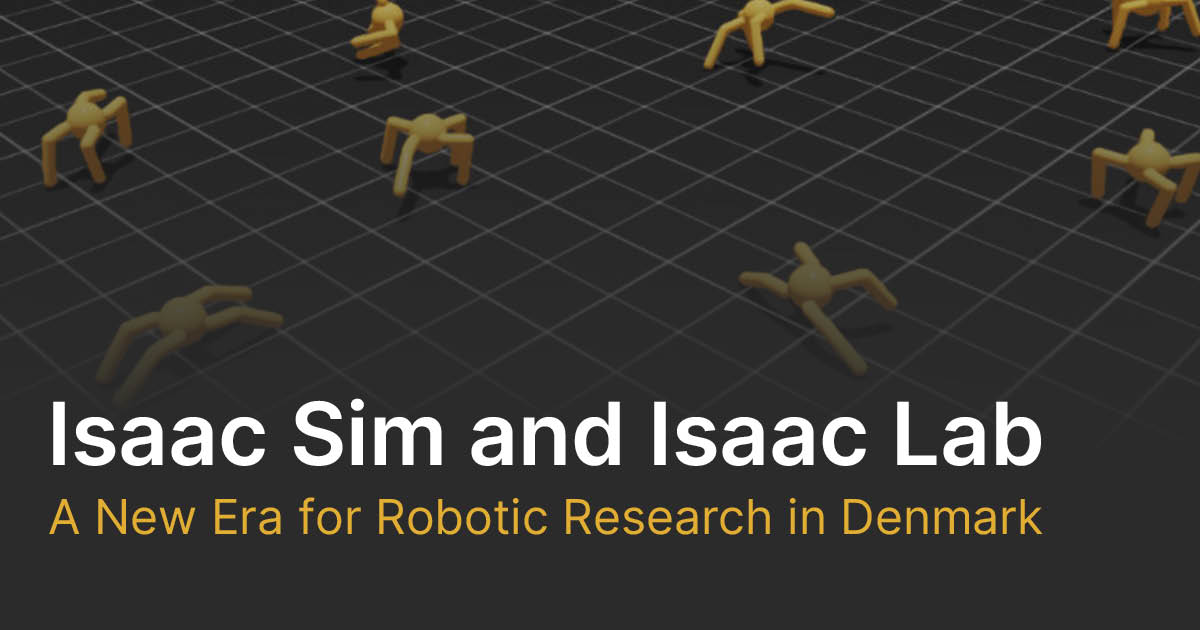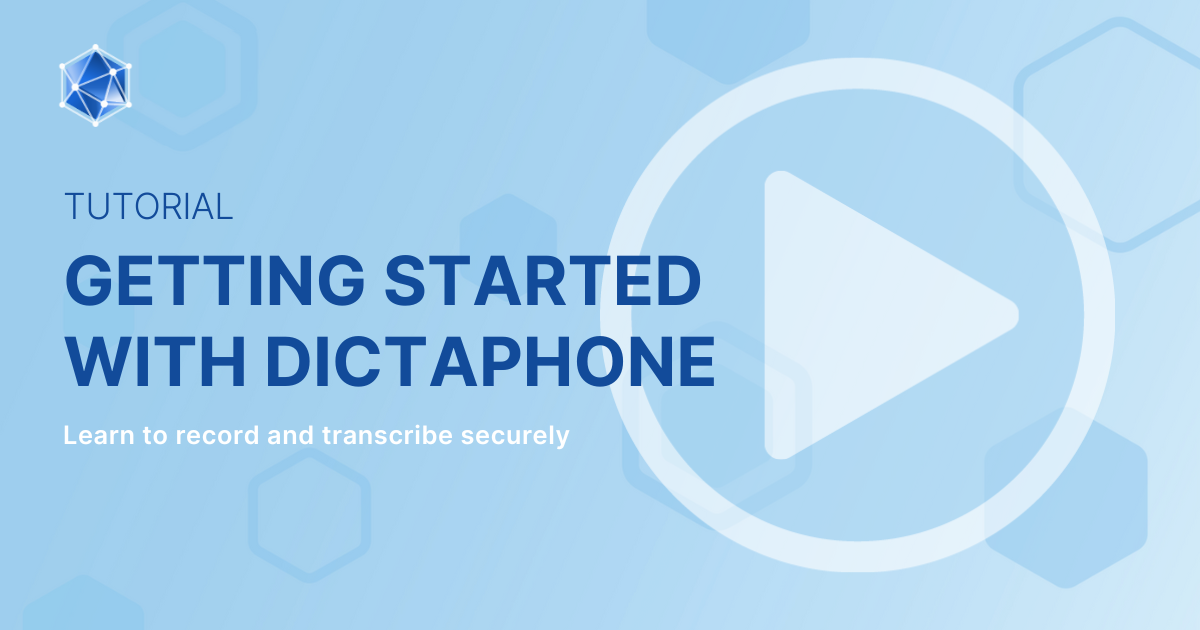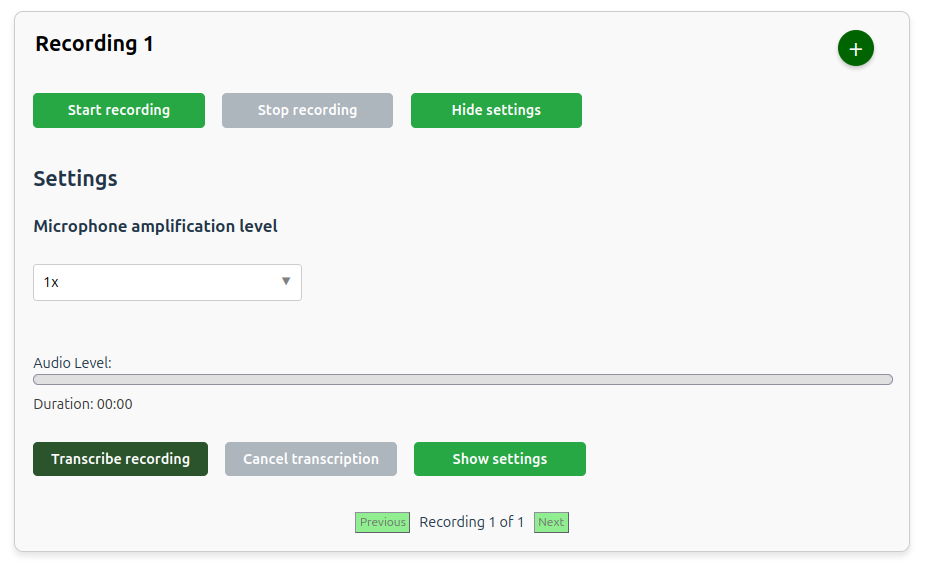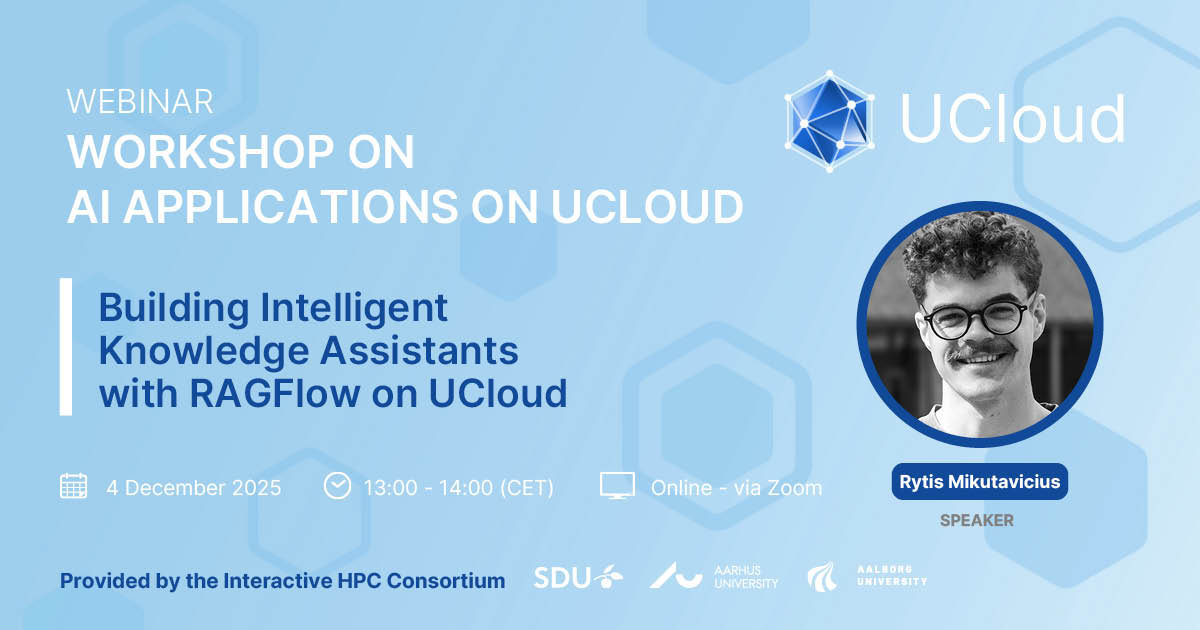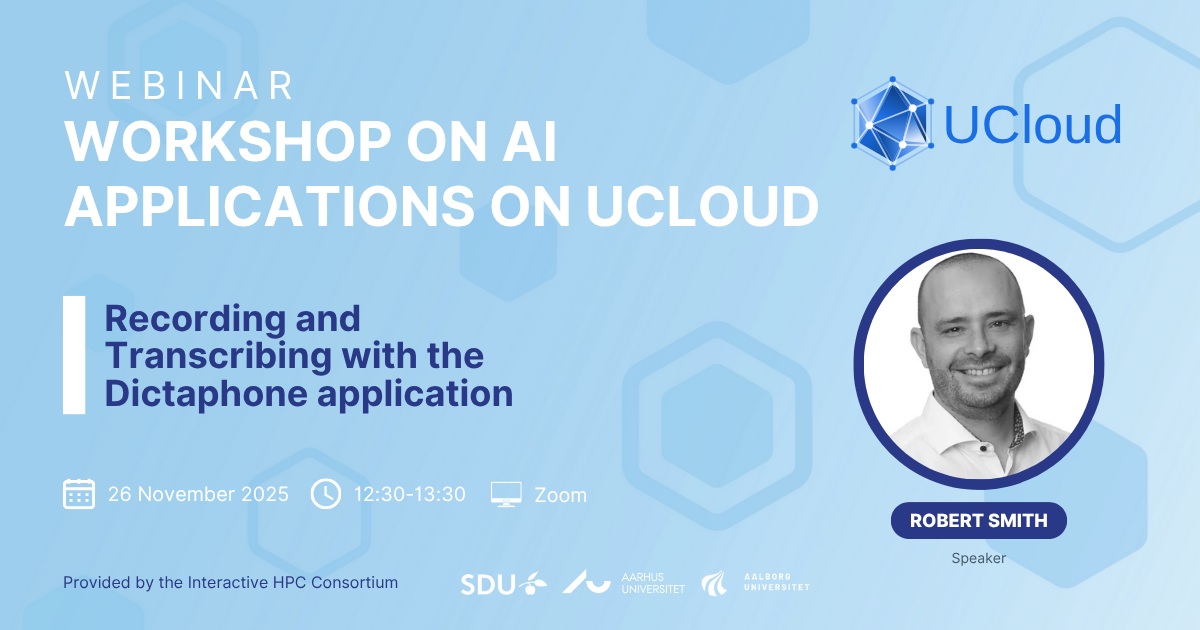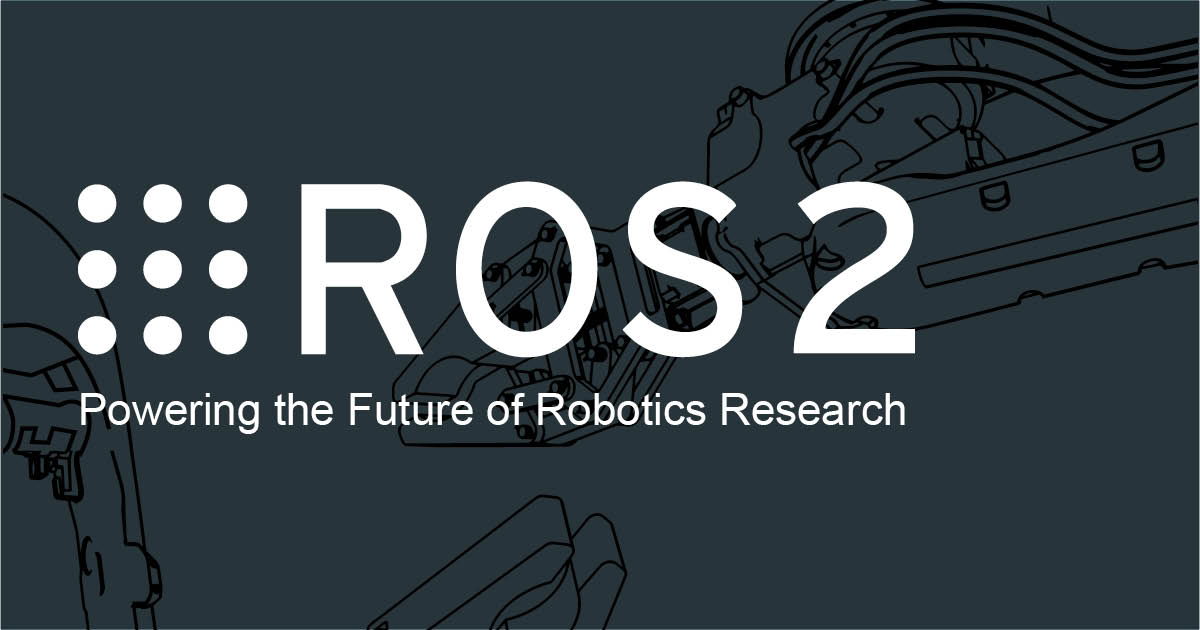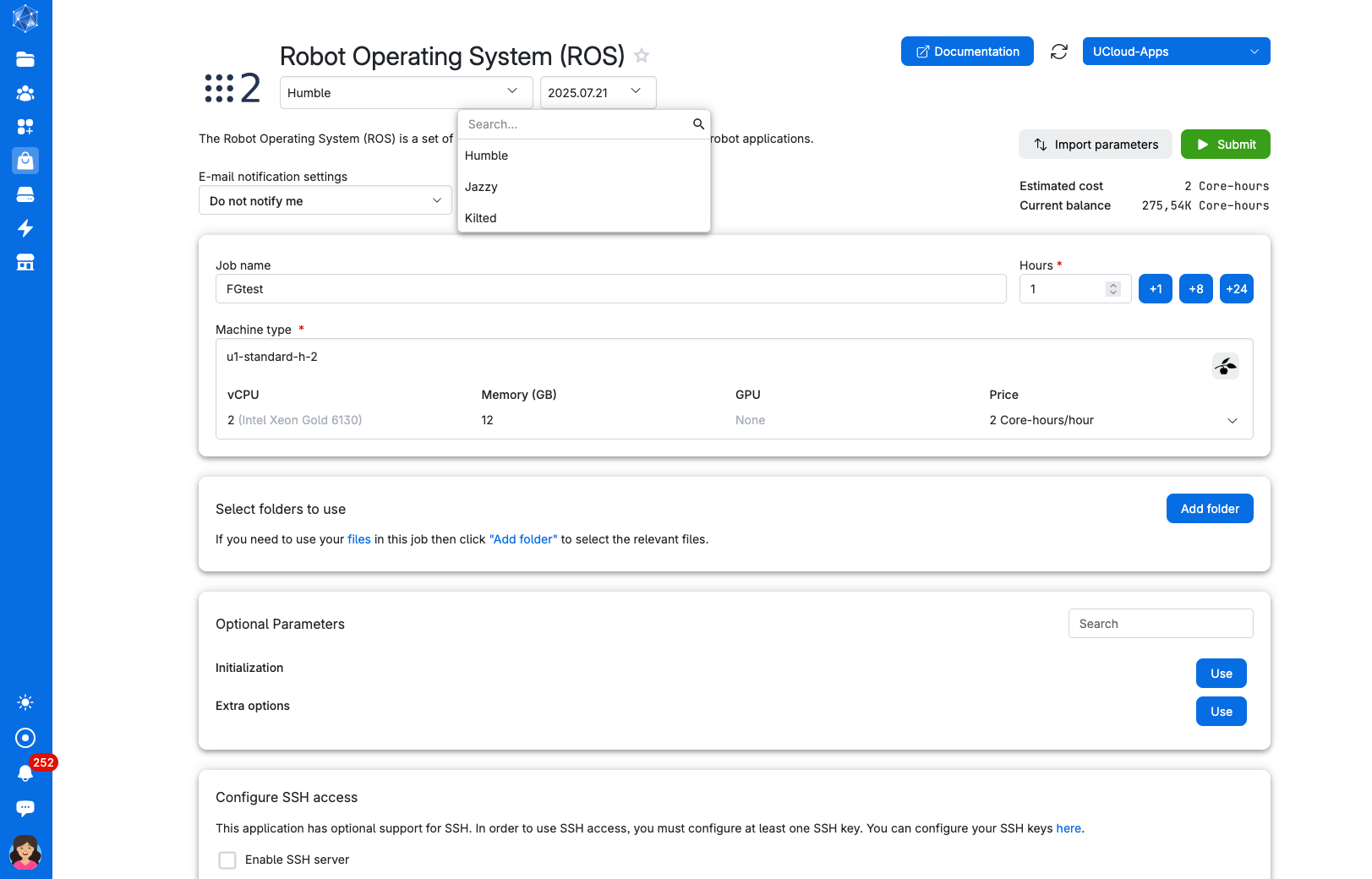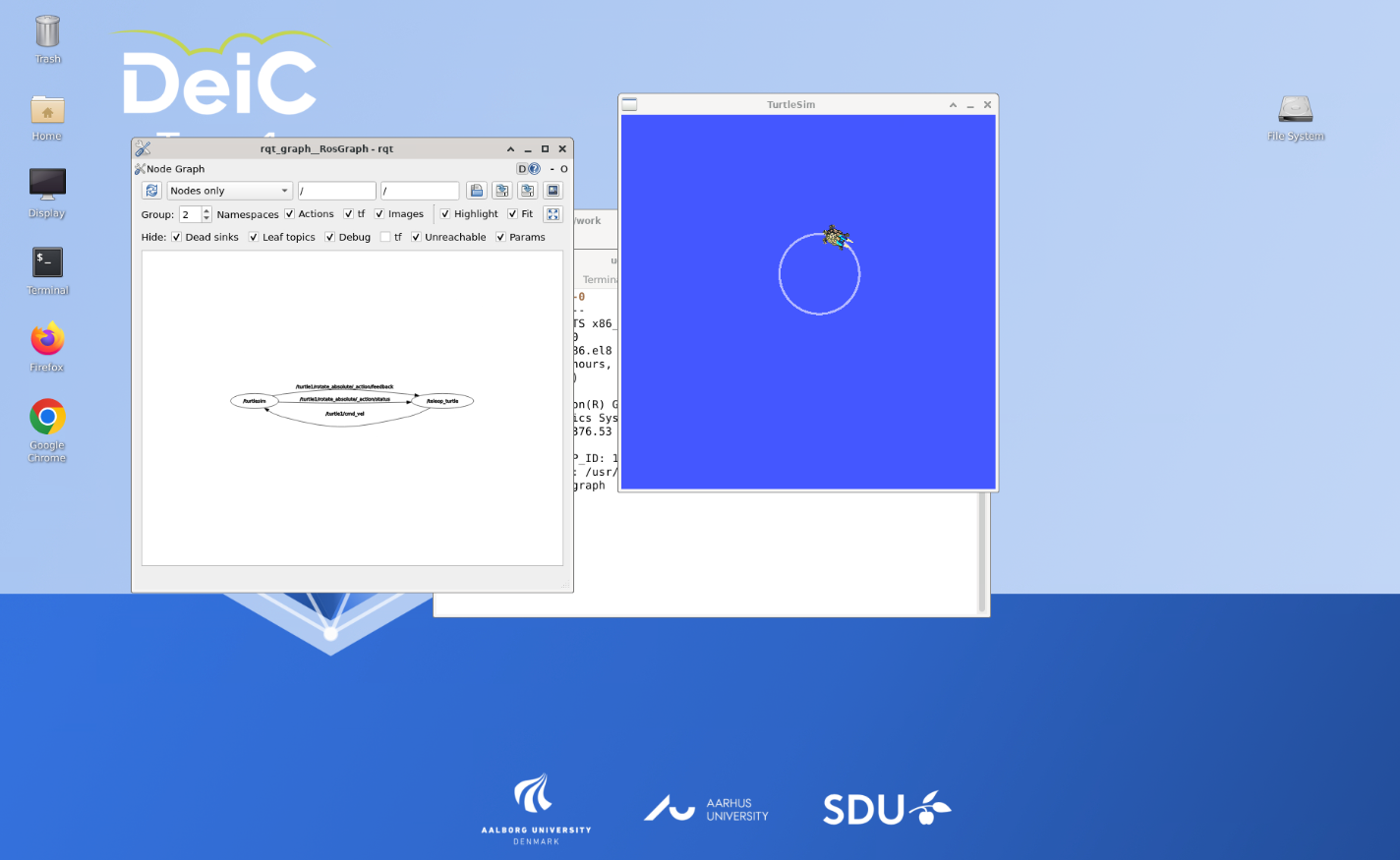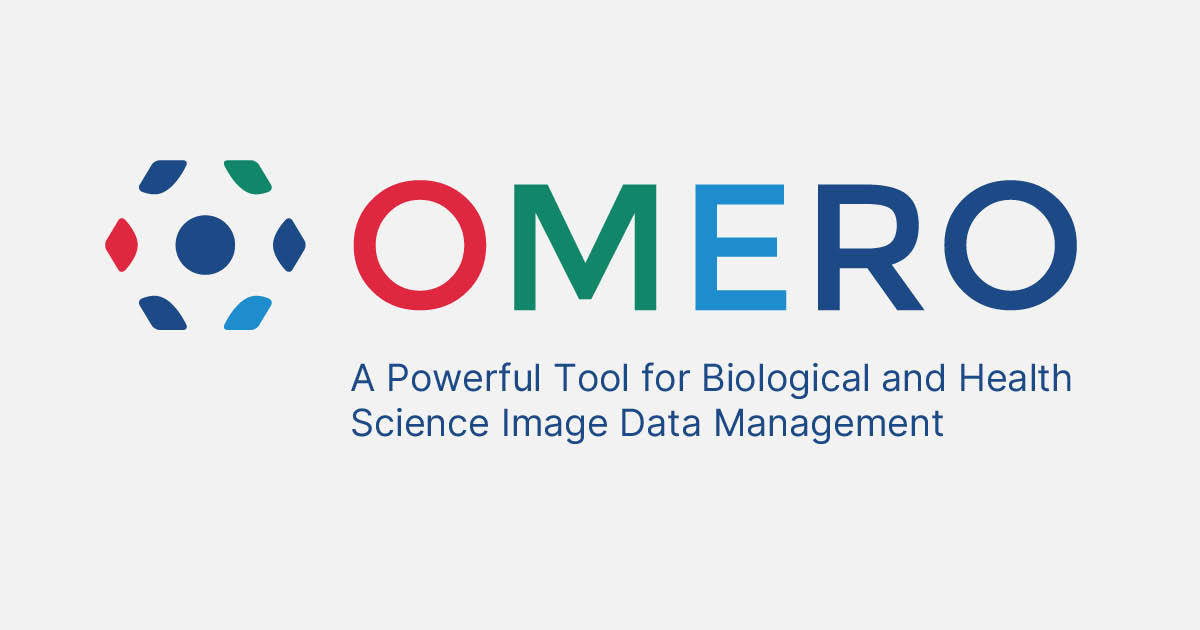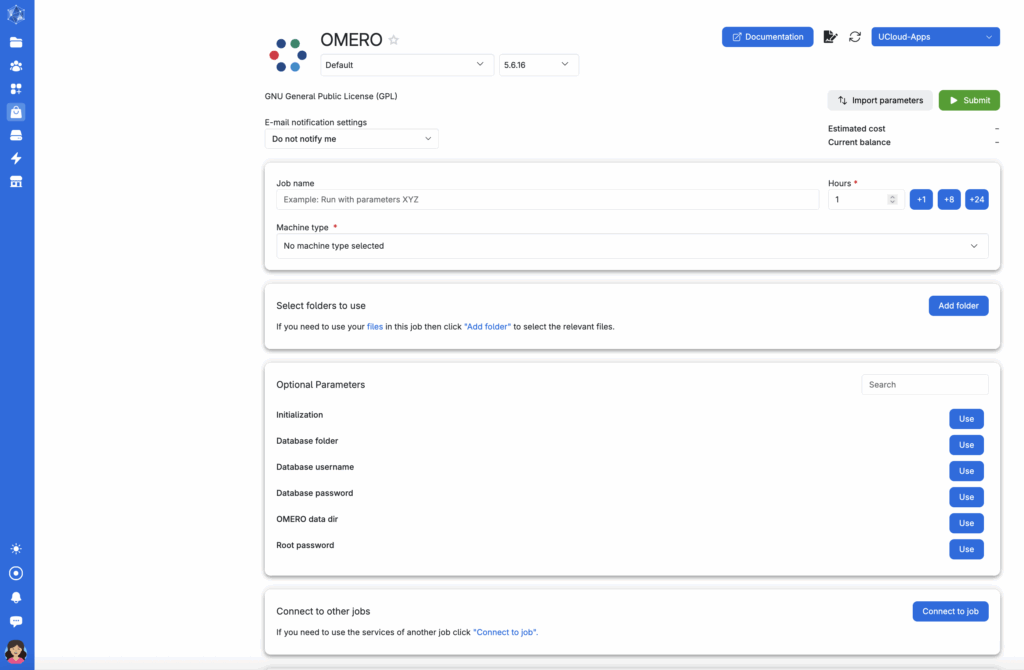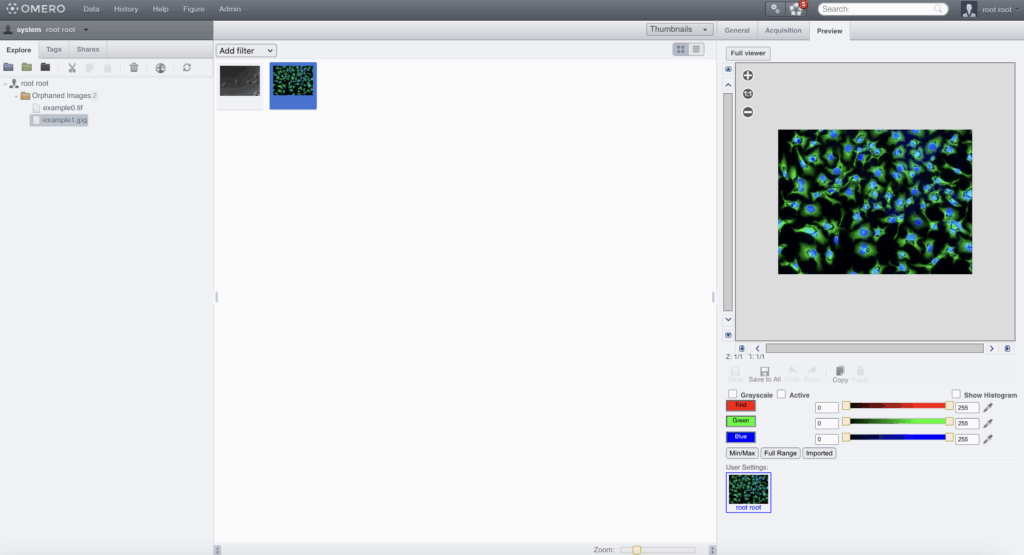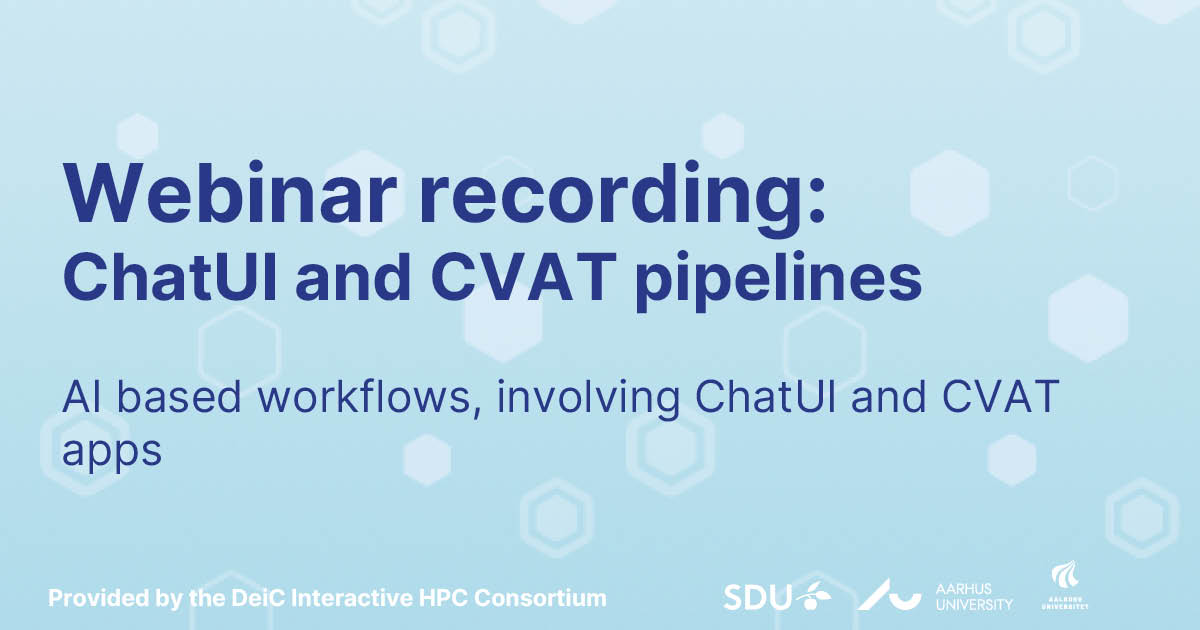Researchers in Denmark can now access NVIDIA Isaac Sim and NVIDIA Isaac Lab, advanced simulation platforms for robotics development, through UCloud’s App Store. This integration marks a major step toward making cutting-edge tools more accessible to the academic community.
What is Isaac Sim?
Isaac Sim is a powerful simulation platform built on NVIDIA Omniverse, designed to develop, test, and validate AI-driven robots in realistic virtual environments. Key features include:
- Physically Accurate Simulation powered by NVIDIA PhysX
- Sensor Simulation: Simulate various sensors, including cameras (RGB-D), Lidars, and IMUs, crucial for AI perception
- ROS 2 integration (also available on UCloud) for seamless communication with physical robots.
- OpenUSD-Based: Built on Universal Scene Description for data interchange and extensibility, allowing custom simulator creation
- Synthetic Data Generation for creating large datasets to train AI models.
- A rich library of SimReady 3D assets and pre-built robot models.
These capabilities allow researchers to simulate complex scenarios, optimize robot designs, and test algorithms without investing in costly physical hardware.
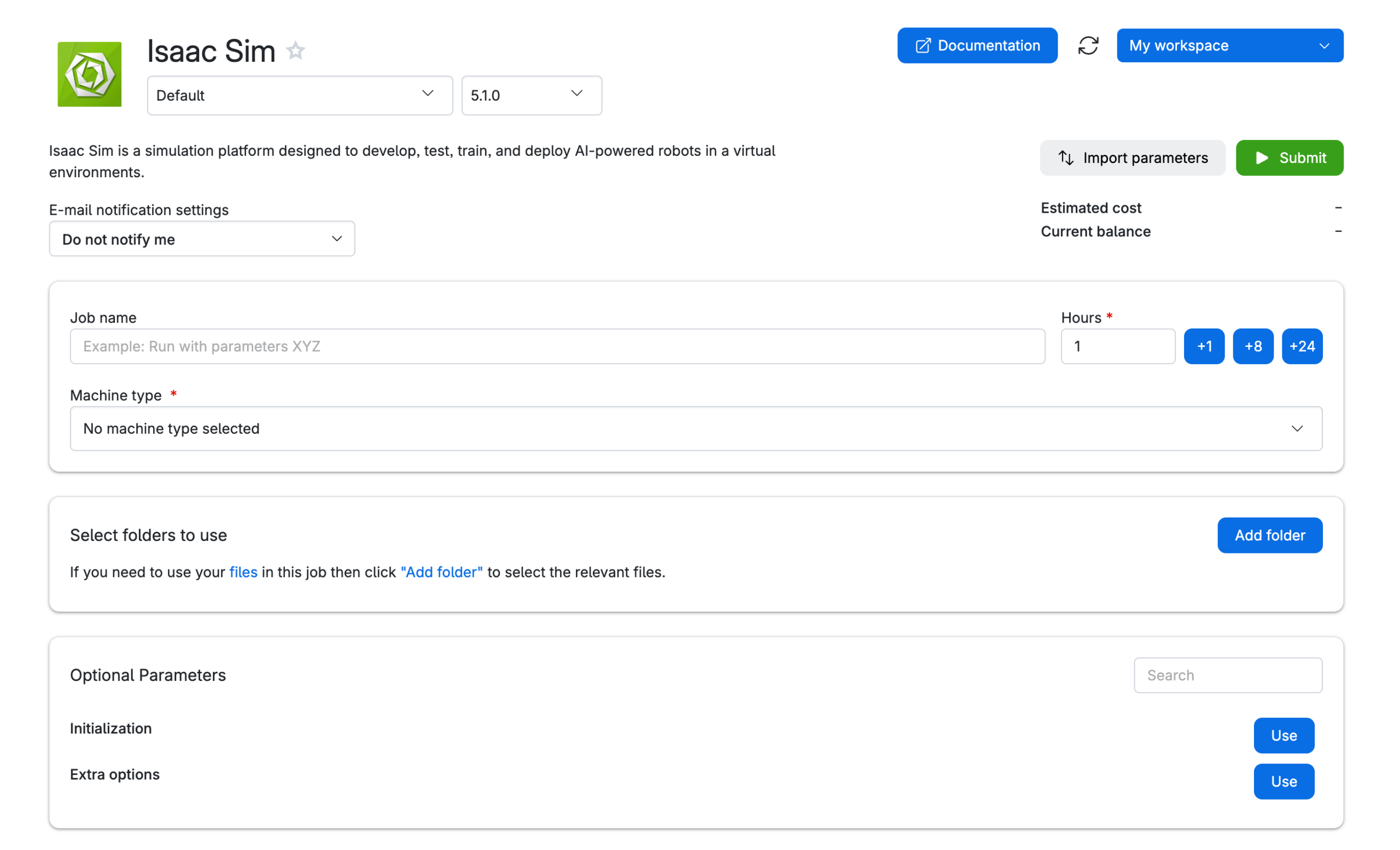
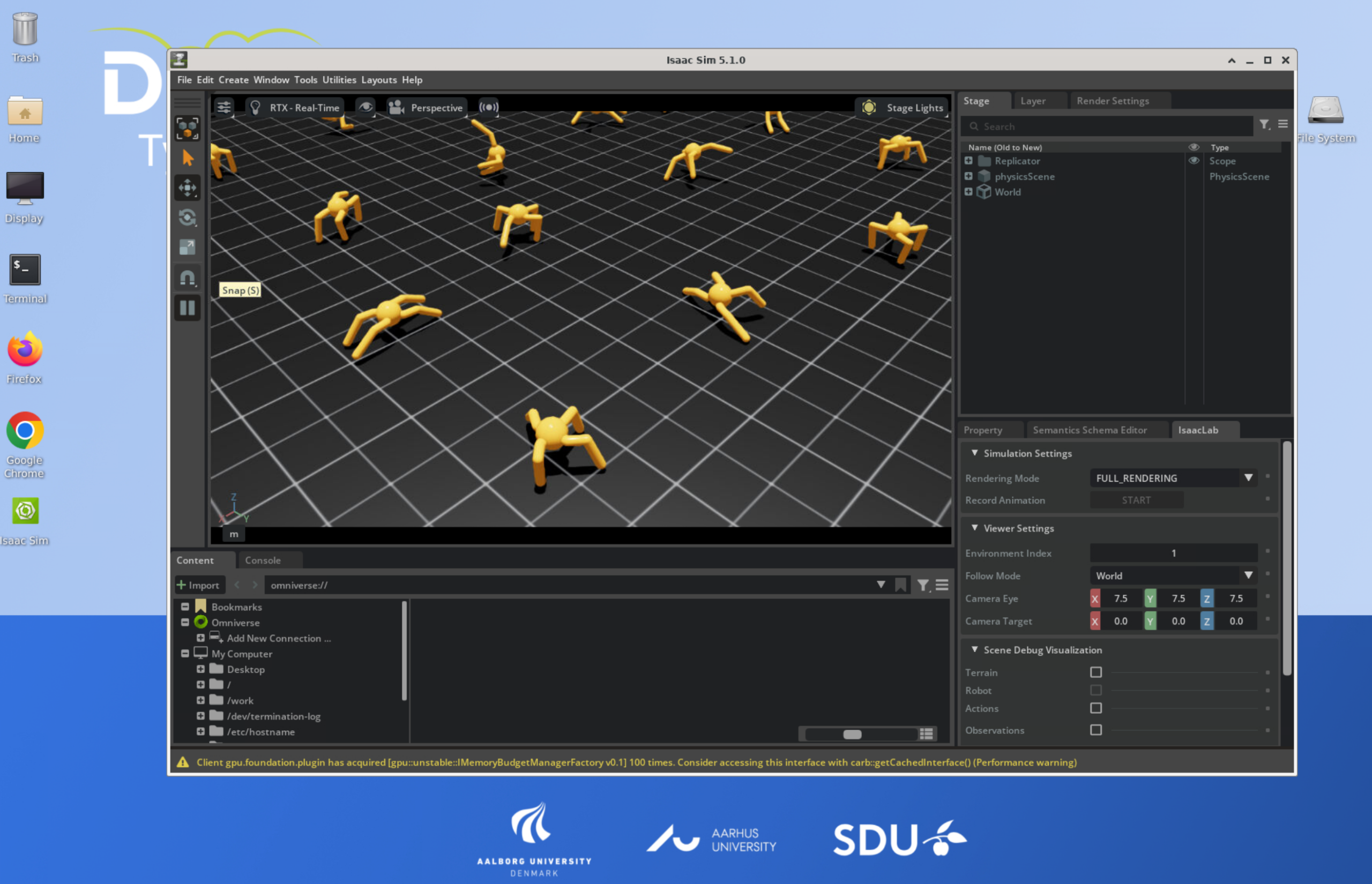
What is Isaac Lab?
Isaac Lab is an opensource, unified robot-learning framework built on Isaac Sim, specifically designed to streamline the training of robot learning (RL/IL) policies, offering tools for data management, randomization, and task creation.
Why UCloud Integration Matters
Having Isaac Sim and Isaac Lab available through UCloud’s App Store offers Danish researchers:
- Easy access to advanced GPU resources without setting up local servers.
- Security and compliance: UCloud is ISO 27001 certified and fully GDPR-compliant.
- User-friendly experience: Launch apps with just a few clicks—no complicated installation required.
- National collaboration: UCloud is part of DeiC’s national HPC infrastructure, enabling resource sharing across universities.
- Scalability: From small prototypes to large-scale simulations, UCloud provides CPU and GPU resources, including NVIDIA H100 GPUs for AI and robotics.
Getting Started
Isaac Sim and Isaac Lab are available in UCloud’s App Store. All researchers affiliated with Danish universities can log in via WAYF and launch the application directly from UCloud – no local installation needed, everything runs in the cloud.
Isaac Sim documentation on UCloud
Isaac Lab documentation on UCloud
